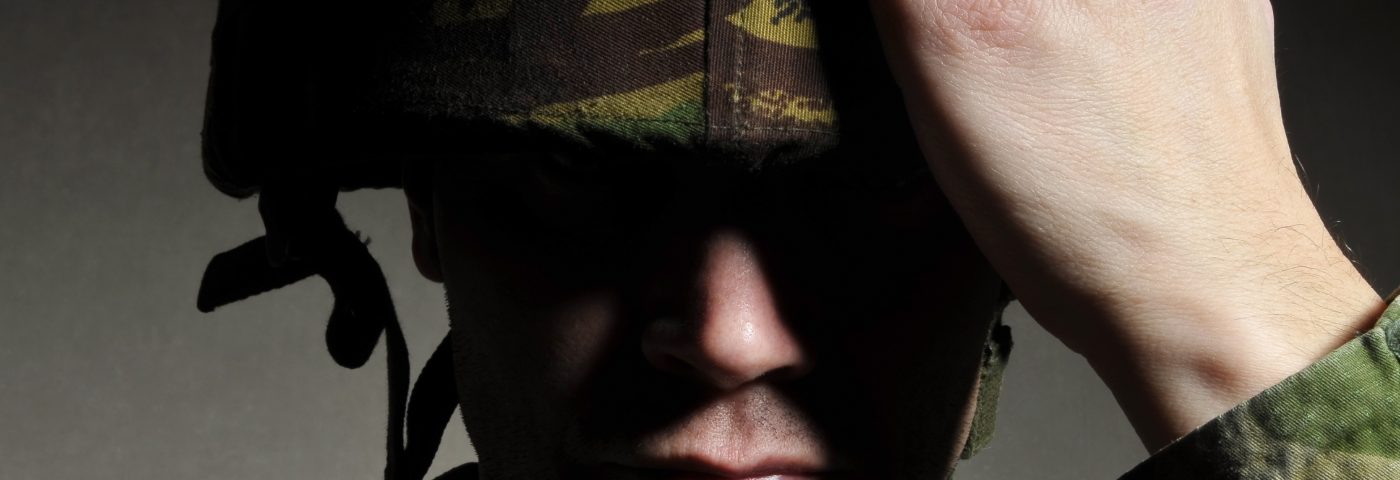One in five members of the U.S. military suffers from obesity, according to recent research, and soldiers with obesity — whether active duty or veterans — are also more likely to have problems with depression or post-traumatic stress disorder (PTSD).
Former soldiers, despite an active lifestyle and strict weight requirements during their years of service, are also as likely to be obese as those who have never served in the military, according to the study, “Obesity and associated adverse health outcomes among US military members and veterans: Findings from the millennium cohort study,” that surveyed a sample of military personnel from 2001 to 2008. It was published in Obesity, the Obesity Society’s scientific journal.
Obesity is among the top recruiting challenges facing the U.S. military, and a prime reason for ineligibility among 17 to 24 year olds.
“These individuals are frequently put in harm’s way to protect our nation,” Catherine Champagne, PhD, RD, a member of the Obesity Society’s Advocacy Committee, said in a press release. “We count on our military to be in the best shape both physically and mentally, and these data show there is a need to improve efforts to maintain a healthy weight within our Armed Forces.”
The research team analyzed data from 42,200 military personnel, both current and former soldiers, as part of the Millennium Cohort Study. Researchers found that obesity rates were greater among veterans (32%) in comparison to active service members (20%). But the number of obese veterans didn’t change meaningfully in the months following their return to civilian life and up to three years later, indicating that significant weight gain occurs soon after completing active duty.
Greater efforts to teach veterans the benefits of sustaining a healthy weight and fitness, in combination with proper nutrition, are needed, the authors said.
“Establishing lifelong healthy behaviors for active duty and veteran military personnel could not only ensure a fit force, but also reduce post-service-related costs for the Department of Defense, Department of Veterans Affairs and the U.S. healthcare system,” said Dr. Toni Rush, MPH, with the division of epidemiology at the Graduate School of Public Health at San Diego State University, and the study’s leader. “More importantly, it could enhance the quality of life for thousands of veterans.”
Researchers also found that obese military personnel had higher rates of depression and PTSD than those of normal weight. Hypertension, diabetes, and sleep apnea were also common to obese soldiers and personnel.
“Because military personnel — and especially veterans — make up a sizable portion of the U.S. population, this research is important to the overall health of the country,” Dr. Champagne said. “The findings show that even when equipped with the knowledge of how to implement healthy behaviors, it can be difficult to maintain a healthy weight when motivational drivers change.”
Limitations in this study included an analysis that relied on self-reported data, and the size of the sample used and its age — today’s military profile might have changed.
A commentary that accompanied the research, “What can we learn from critical periods of weight gain in military personnel?” also noted that the greater muscle mass often found in fitness-oriented service members may have affected some of the data related to individuals, particularly those classified as overweight.


